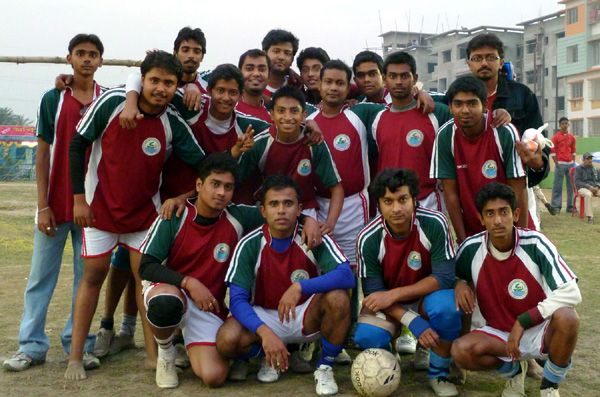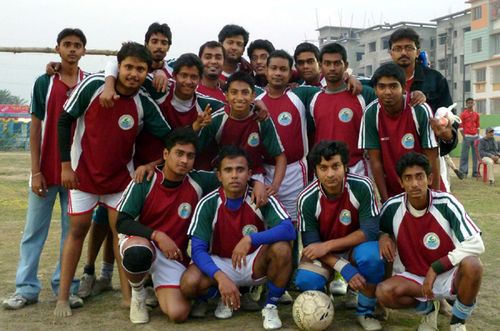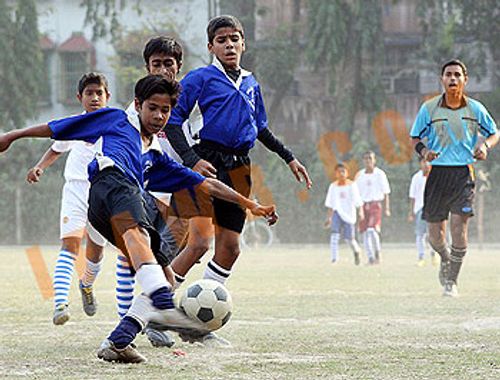
Death of Bengal football’s local nurseries

A glance into the current squads of East Bengal and Mohun Bagan will reveal how the local and home grown Bengali players are poorly represented by these two heavyweight clubs in the 2012-13 season.
East Bengal just have only nine ‘Bengalis’ on a list of 38 while Mohun Bagan have just 12 local players in its 30-player roster. Only Mohammedan Sporting seemed to fall back on the local boys but that’s because it has little money to hire outstation players.
Till the 1990s, most of Bengal’s best known footballers came from nearby districts Burdwan, Hooghly, Howrah and Nadia and 24 Paraganas. Nowadays, these districts have lost touch with the game and as a result, they hardly churn out good footballers anymore. The results are evident. Mohammedan Sporting is now a struggling club which is relegated to the I-League Second Division while Bagan hasn’t won the I-League for more than a decade now. And East Bengal last won it in 2003.
Football in Bengalis still big but most these clubs simply rely on foreign and outstation players. Though this trend of recruiting outstation players by Calcutta clubs is been followed since the Independence, but the signs are alarming. The ratio of local players in Calcutta teams are less than what it used to be in the 60s, 70s, 80s or in 90s when a club’s reserve bench had a whole lot of home grown players. But today, the ‘reserve bench’ is reserved by players from other states.

Gone are the days of legendary coaches who selflessly worked for the development of youth players on the ramparts of the hallowed Calcutta Maidan. Then the football nurseries were quite different and were managed single-handedly by legendaries Umeshchandra ‘Dukhiram’ Mazumdar, Bagha Som and Achyut Banerjee. They were the pioneers of Bengal football who worked tirelessly and without any salary and groomed unknown players and made them into future stars. Ask any of the former players and they would bow their heads in reverence to their contribution.
Unlike the current football administrators, ‘Dukhiram’ would keep track of upcoming players. And at times, he would often visit the villages on his bicycle to look for talented players. It was only the Aryan Club, which he founded in 1888, that followed his ideas in later years and gave opportunities only to the young and unproven players.
Sadly, be it sports or social life, Bengalis have become materialistic as evident from the attitude of the current crop of club officials who simply ignored ‘Dukhiram’s’ footsteps. The clubs can easily look for footballers from the districts, which I’m sure still have a lot of them ready to hit the road. There’s need for a good spotter which the clubs don’t have any.
Call it their incompetence, these officials then will try to compensate with big-ticket foreign players and footballers from other states. In fact, getting foreigners is the best way to impress the members of a club. Bagan and East Bengal’s managements have remained unchanged for seven years and more than 10 years respectively. An 18-member executive committee has governed Mohammedan’s affairs for more than a decade.
Contrast this with the Goan clubs who have effectively managed their day-to-day administration and given rise to local Goan players who now also feature in many Calcutta clubs and Indian teams.